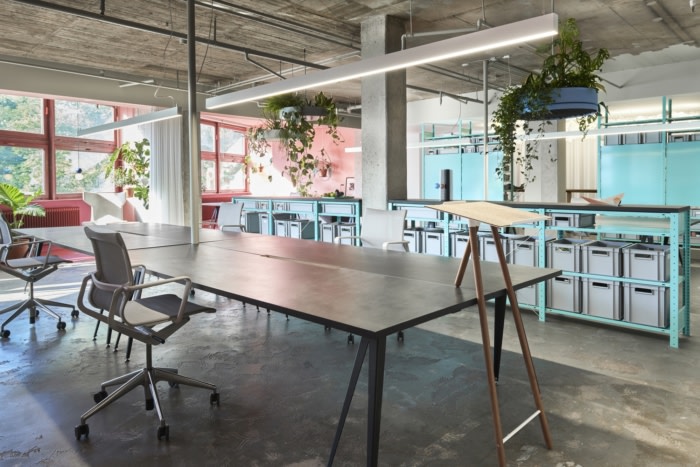Working in a workshop can often feel like juggling – whether you’re bouncing between projects, struggling to keep on top of your space, or managing a team. Of course, there are many ways to approach the improvement of a space’s workflow or efficiency – but would it surprise you to find out that ‘tidying up’ could be one of the more effective approaches?

The Effects of Clutter – Proven by Science
Suffice to say, there’s more to ‘tidy workshop, tidy mind’ than meets the eye. A 2011 study conclusively found that the more things are in our field of vision, the less attention we pay to them. Our visual cortex has limited processing power, leading to reduced focus overall – even if that clutter is completely unrelated to the task at hand.
As a result, messy or ‘busy’ workshop spaces can be a hotbed for procrastination and limited output, and even affect the quality of a completed project. A cluttered workspace can have a profound effect on our brains, without us even knowing – with a knock-on effect on productivity that can catch us completely unawares.
The Difference a Clean Workspace Can Make
And this is to say nothing of the practical constraints afforded by a cluttered workspace. Your work efforts can be frustrated by scrabbling around for the right tool or sifting through irrelevant and scrap materials to find the correct material for your current task. Altogether, cluttered workspaces make for halting progress, slower work, and inconsistent results.
Endeavoring to create and maintain a clean, well-organised workspace can utterly reverse these negative effects, and even improve in other areas. Not only will it be easier to focus on a given task, but also be easier to find the necessary tools and equipment to complete your task. With tools, materials and waste effectively managed and stored, the risk of workplace injuries from slips and trips will also be significantly reduced – improving overall efficiency as well as productivity, as less time is lost to sick days or recovery.
Maximising Efficiency
Proper Storage
The biggest individual change you can make with regard to improving your workshop clutter situation is to invest in proper storage for equipment and materials. You can acquire a purpose-built tool storage cabinet to host all of your equipment and keep tools well-organised and easy to find.
Material storage solutions are particularly easy to knock up DIY; if you find yourself working with sheets, planks, and batons a lot, building a simple baton frame in a corner of your shop can allow you to compartmentalise your materials with ease. Keep separate bins for scrap materials, by type – this way, you have a single location to root through when looking for spare material for shims or rigs.
Project by Project
Another important change you can make to your workshop is attitudinal rather than physical. If you and your fellow staff approach the workshop with a mindset for order and cleanliness, you can improve your surroundings and your workflow at the same time. It might be tempting to leave that work-in-progress out until you come back to it, but storing it away gives you physical and mental space for the next thing.
